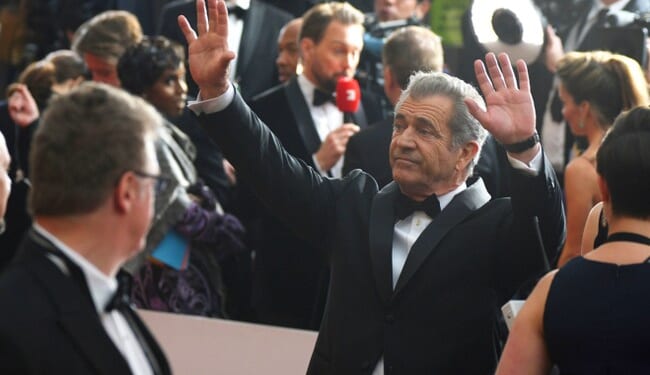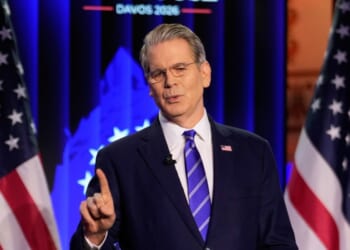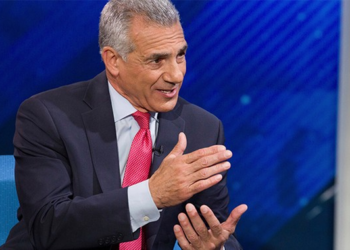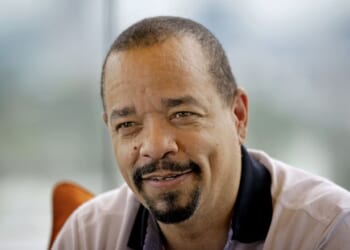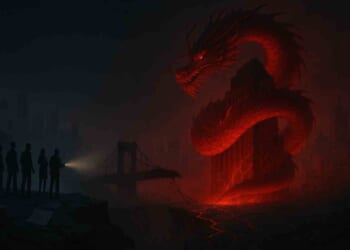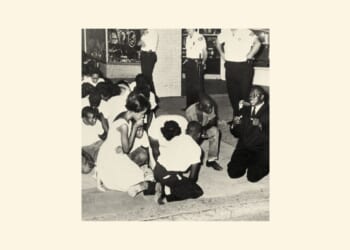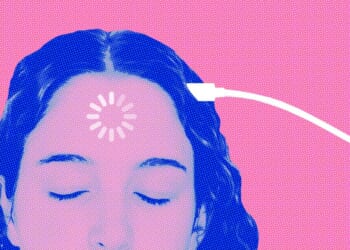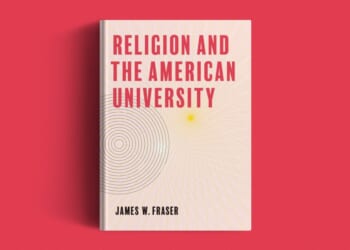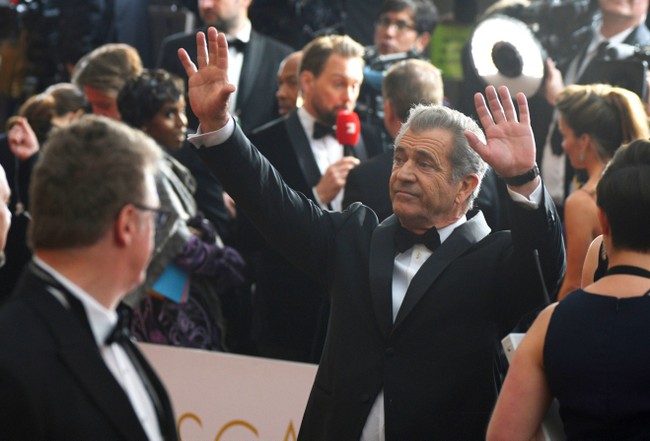
I would like to officially invite Mel Gibson to premier his film The Resurrection of the Christ at the 2027 Anti-Communist Film Festival.
Of course, we are still in the planning stages of the 2026 Anti-Communist Film Festival, so inviting Gibson for 2027 might be a bit premature. Still, he’s such a perfect fit for the festival that I might as well send out an invitation now.
Gibson, of course, is a renowned actor and filmmaker. He’s also a Catholic who has expressed conservative political views. In films like The Passion of the Christ, Braveheart, and Hacksaw Ridge, Gibson has dramatized the power of faith in the face of evil. Gibson once screened his film Hacksaw Ridge at the Archbishop Fulton J. Sheen Center for Thought and Culture’s Loreto Theater.
Gibson has expressed admiration for the world of Fulton Sheen, the great 20th-century Catholic evangelist. Sheen is the author of one of the most powerful books about communism ever written. Although published sixty years ago, Communism and the Conscience of the West was recently reissued. In the book, Sheen argues that communism is a religious cult that began long before 1917 in Russia. It didn’t form on the streets of Moscow in the early 20th Century, but in Europe in the 19th century. Karl Marx was German, and he got his ideas from other Europeans. As Sheen makes clear, communism is an evil, “aggressive religion” that was born in our own backyard.
As Sheen argues, Christianity and communism have similar world views, even if one is true and the other false. They both accept that we will not get to heaven without a battle. Christianity contains the truth about the meaning of our lives, teaching us that love of God and neighbor, respecting the natural law, and accepting the reality that we will have to battle evil. Communism sees a similar battle but in atheistic terms. Communism makes the individual, in Sheen’s phrase, “a robot,” a slave to unstoppable historical and economic forces, which, after a lot of violence, will result in utopia.
Between these two theologies is liberalism, which tries to avoid conflict and which Sheen absolutely destroys: “Though utopian and violent, Marxism reveals a better insight into the historical process than liberalism, which saw peace coming without a struggle and which denied that even a relative Easter of economic order would come without the Good Friday of self-sacrifice and effort.” Sheen notes that “the Gospel for the last Sunday of Pentecost and the Gospel for the first Sunday of Advent are gospels of catastrophe, they proclaim that the final era of peace will not be ushered in until the final conflict between good and evil, when God shall come to judge the living and the dead and the new city of Peace will be descending from the heavens.”
In other words, denying God and the spiritual war being waged around us to buy into liberalism, with its comfort and “freedoms,” is unrealistic. Like Christianity and unlike liberalism, communism believes there will be a great final battle before the new heaven and new earth. Sheen:
As many a parent who educated his child in an extremely progressive school, where the child equated freedom with doing what he pleased, is now the parent who wants to know what to do with his recalcitrant, alcoholic, neurotic son, so the Western world that taught Russia some bad ideas may soon want to know how it can be saved from a country which learned is lesson all too well. A Freudian psychoanalyst cannot help the son, so neither politics nor economics can help the Western world, for the fault is deeper; the world is under the judgment of God and needs repentance.
Sheen observes that “though Babylon fell because it was very wicked, it was nonetheless God’s instrument for disciplining the people of Judah. Assyria was bestial, but to was the ‘rod and staff’ of God’s anger against the people of Israel.” In the West, he concludes, “communism may be the instrument for the liquidation of a bourgeois civilization that has forgotten God.”
Mel Gibson understands this. In his films like The Road Warrior, Braveheart, and The Patriot, he plays protagonists who try to avoid the war going on all around them, only to succumb to the reality that they are being called to provide a pivotal role in the victory of good over evil. The Passion of the Christ opens with an unforgettable scene of Jesus in the Garden of Gethsemane, asking God to “take this cup from me” and avoid the crucifixion. Many of the films in the Anti-Communist Film Festival have similar themes – an innocent individual thrown into a spiritual and often literal war and finding that he has a part to play. Christ showed us that victory is on the other side.
So consider yourself a VIP, Mel. See you in 2027.
Editor’s note: We now have the room to run outside commentary by some of our favorite and most provocative thinkers on the Right. That only happens because of the support of our readers, who ensure that we have the resources to keep providing an independent platform and independent voices in a sea of Protection Racket Media domination.
Help us maintain that fight! Join Hot Air VIP and use promo code POTUS47 to get 74% off your VIP membership!

